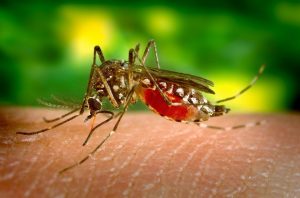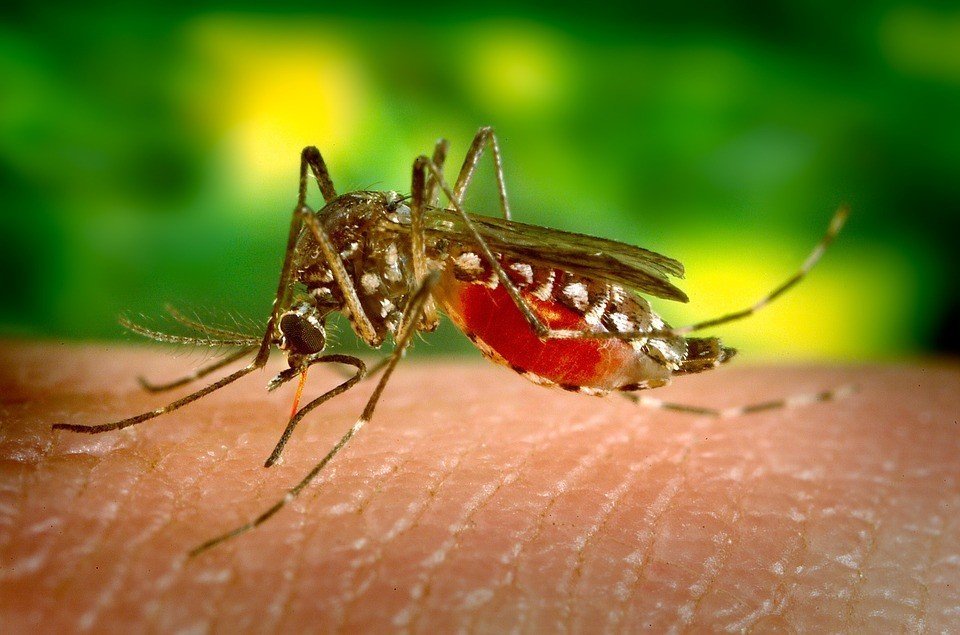
A team of researchers from the Australian National University (ANU) and the University of Queensland have designed a peptide molecule derived from the human protein. It is capable of completely eliminating the malarial parasite. Malaria is caused by the Plasmodium parasite and is transmitted by the bite of infected mosquitoes. Although anti-malarial drugs are prevalent, the scientists fear the evolution of drug-resistant bacteria might render it ineffective. The plasmodium has many variants and may be a matter of time before the drug-resistant bacteria overhauls the effectivity of the drug. This thinking haunts the scientists even more.
Further, every year hundreds or thousands of people succumb to Malaria. It is estimated that Malaria kills a person every 90 seconds and it indicates the severity of the disease. Now, Dr Brendan McMorran and his team are a step closer to developing a new and effective vaccine for Malaria. The team made a designer peptide from a human protein called PF4 (Platelet Fragment protein). PF4 is deemed to be the only human protein known to kill malaria parasites. But the protein as a whole cannot be used as a vaccine owing to its large size.
So, the scientists copied important parts of the protein effective in the elimination of the parasite and built a peptide molecule. The next step involving testing the effectiveness of the peptide molecule. So, they put to test the peptide molecule against the malarial parasite that is cultivated in the human cells in the laboratory. The peptide not only penetrated the parasite but successfully disrupted the digestive vacuole, thereby killing the parasite. All this without causing any damage to the host membrane. This way of parasite elimination is completely new compared to the mode of action of anti-malarial drugs.
Also Read: Self-healing tent that repairs holes and punctures itself by friction
The current modes of peptide action open new avenues for the better development of next-generation drugs in the future. The team now looks to improve the potency of the peptide that can be used for the treatment of malaria in mice before being extended to human clinical trials.
The Research study is published in the Journal Cell Chemical Biology.







